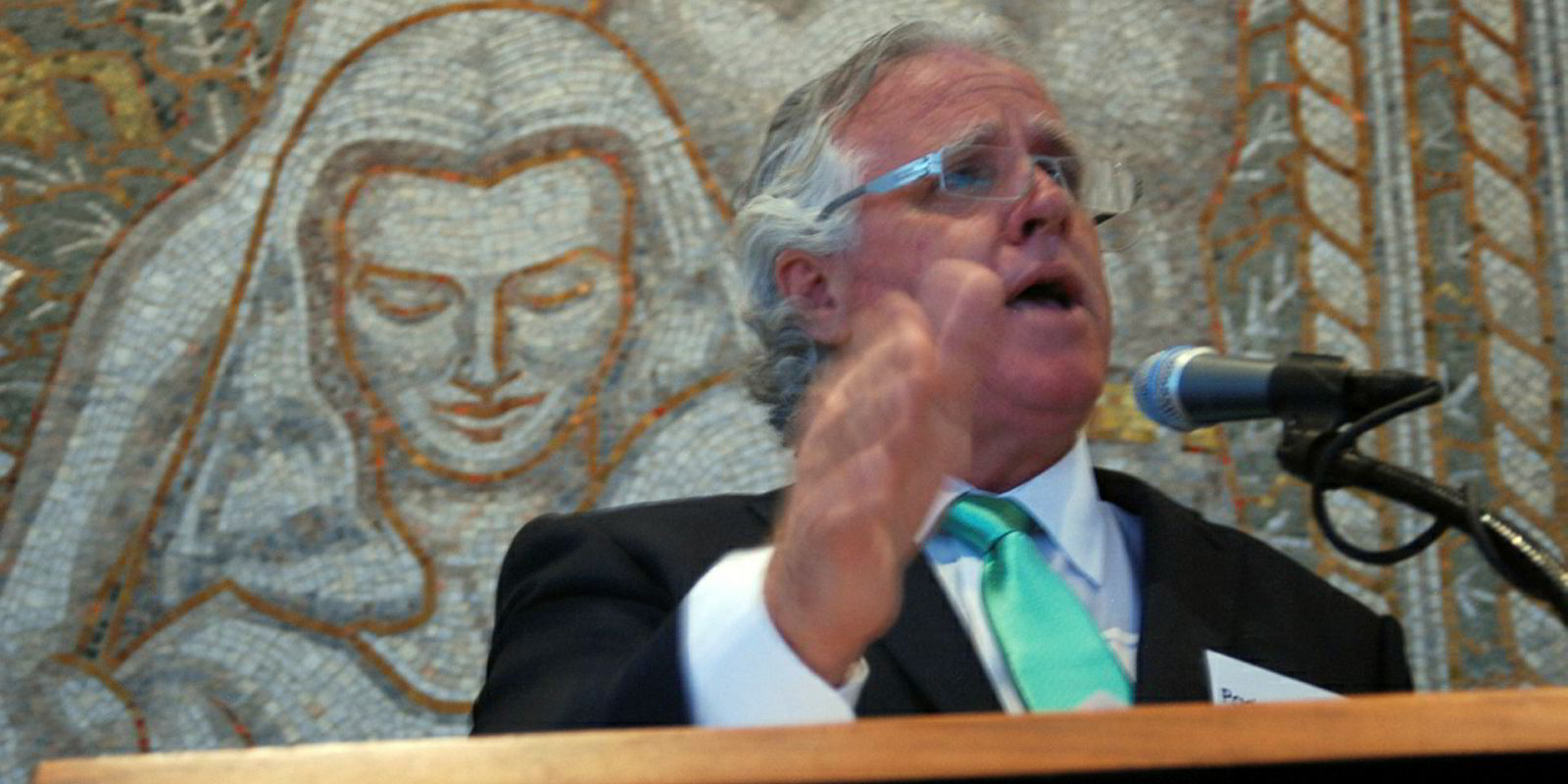Shipping’s largest union has reported a decline in the size of its Welfare Fund.
The International Transport Workers’ Federation (ITF) Welfare Fund is largely made up of contributions from shipowners and managers as part of the industry's collective bargaining agreements (CBAs). The fund pays for the ITF's global inspectorate, which protects the interests of seafarers, and provides financial reserves to secure the union’s future.
TradeWinds has reported previously that the federation appeared to be stalling over publication of its financial returns for 2016 during the latest CBA negotiations at which the Welfare Fund contribution of owners and managers was being negotiated.
Those figures, which have now been released, had been expected to show an increase in the Welfare Fund. But according to the latest filing, the fund shrank from £89.9m ($123m) at the start of 2016 to £87.2m at the end of the year.
Contributions from ITF wage agreements to the fund increased from £37.7m in 2015 to £43m, and total Welfare Fund income, including investment gains, came in at £58.2m.
However, the ITF’s expenditure nearly doubled — from £32m to £60.8m.
Its big-ticket expenses were £11.1m in wages, £14.6m to fund the inspectorate and £3.9m to pay for its conferences. The London-based federation rang up a £1.7m currency exchange rate loss and made a one-off donation of £4.5m to affiliated charity the Seafarers’ Trust.
In addition, £3.84m was returned to shipowners as rebates under CBAs through the International Bargaining Forum (IBF).
The ITF figures also reveal that the Welfare Fund was used to top up the union's own pension plan. The portion of the deficit of its Retirement Benefits Scheme drawn down from the Welfare Fund increased from £10.62m to £24.4m in 2016.
ITF secretary general Steve Cotton was paid £233,000 in 2016, including pension contributions. The union's balance sheet at the end of the year showed total assets of £130.2m against liabilities of £46.2m.
At the last round of IBF negotiations, concluded in Manila in February, the healthy Welfare Fund was a contentious issue.
Shipowners and managers have been concerned about the level of their contributions to the ITF and how the money is being spent, at a time when shipowners’ balance sheets were being stretched by the recession.
As a result, at the IBF negotiations shipowners and managers were able to win an increase in their rebate from Welfare Fund contributions from 12.5% to 18%.
The money is not returned to their own coffers; employers must provide evidence that the rebate cash is spent purely for the benefit of seafarers.
The ITF has strongly defended the size of its Welfare Fund reserves. It says the money is critical to support its worldwide network of inspectors, recover unpaid wages and pay for the support of abandoned seafarers.
It says the large reserves are also needed to secure the future of the federation if it should defeat the flag-of-convenience system. In that case there would be no need for ITF wage agreements, as seafarers would sign deals with national flags.




